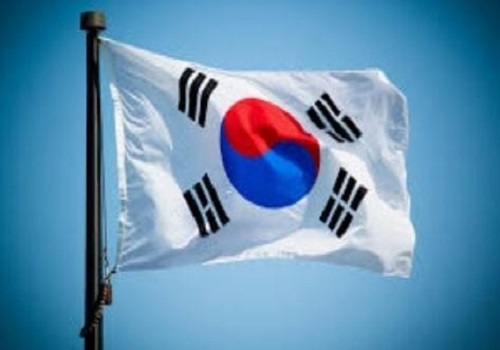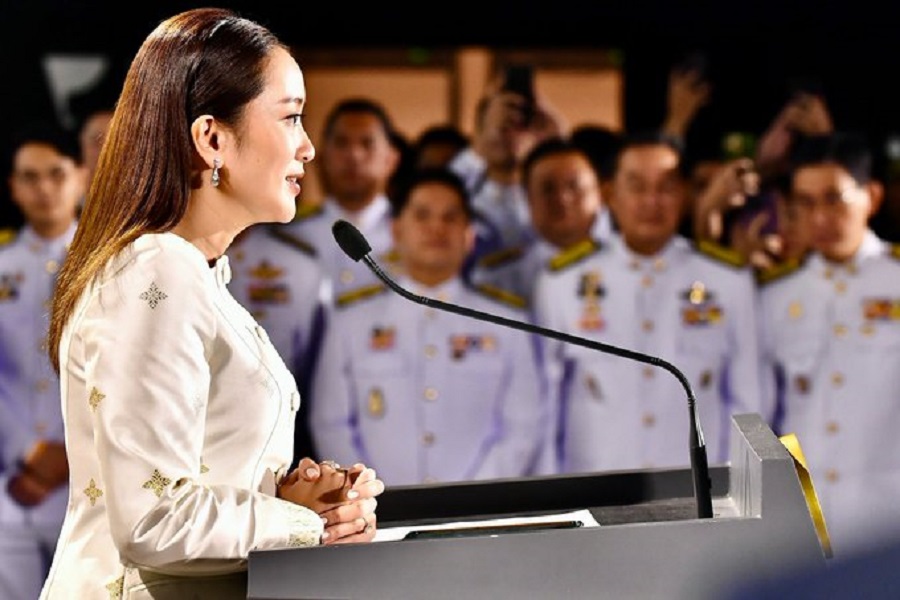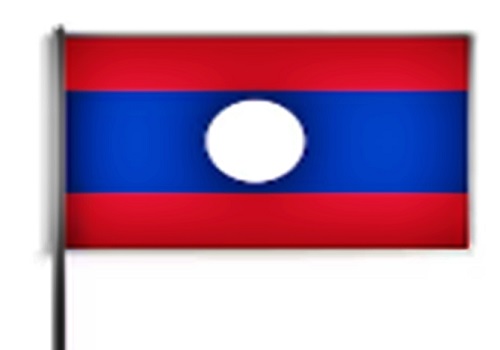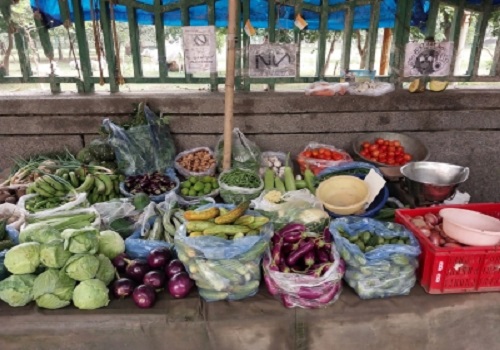South Korea aims to develop 39 global chip industry standards by 2031
Follow us Now on Telegram ! Get daily 10 - 12 important updates on Business, Finance and Investment. Join our Telegram Channel
South Korea's standards agency said on Monday it plans to develop 39 new international standards in the semiconductor sector by 2031 to bolster its competitive edge in the field.
The road map was unveiled by the Korea Agency for Technology and Standards (KATS) during an industry forum, as part of a broader strategy aimed at gaining an early lead in the global semiconductor market.
KATS outlined its objective to develop more than 15 new international standards in semiconductor technologies by 2027, with a total of 39 standards to be established by 2031.
"We will support the efforts of experts from academia, industry and research to secure South Korea's technological leadership in semiconductors through active international standardization efforts," said Oh Kwang-hae, the head of KATS.
To strengthen the foundation for international standardization, KATS is working with the United States through a joint standards development initiative.
Earlier, KATS signed a memorandum of understanding with its U.S. counterparts, the American National Standards Institute and the National Institute of Standards and Technology, to promote bilateral cooperation on international and regional platforms.
Meanwhile, with former US President Donald Trump's successful re-election to the White House, South Korean industries with major investments in America may be expected to realign their US business strategies amid an anticipated shift in Washington's economic and trade policies.
Korea Ratings, a corporate ratings agency in Seoul, predicted in a recent report that while fully repealing the CHIPS Act could be difficult, Trump may offer stronger support for American companies, thus reducing subsidies for companies of allies and close partners.
South Korea plans to strengthen inter-ministerial coordination to address uncertainties surrounding trade policies under the incoming Trump administration.

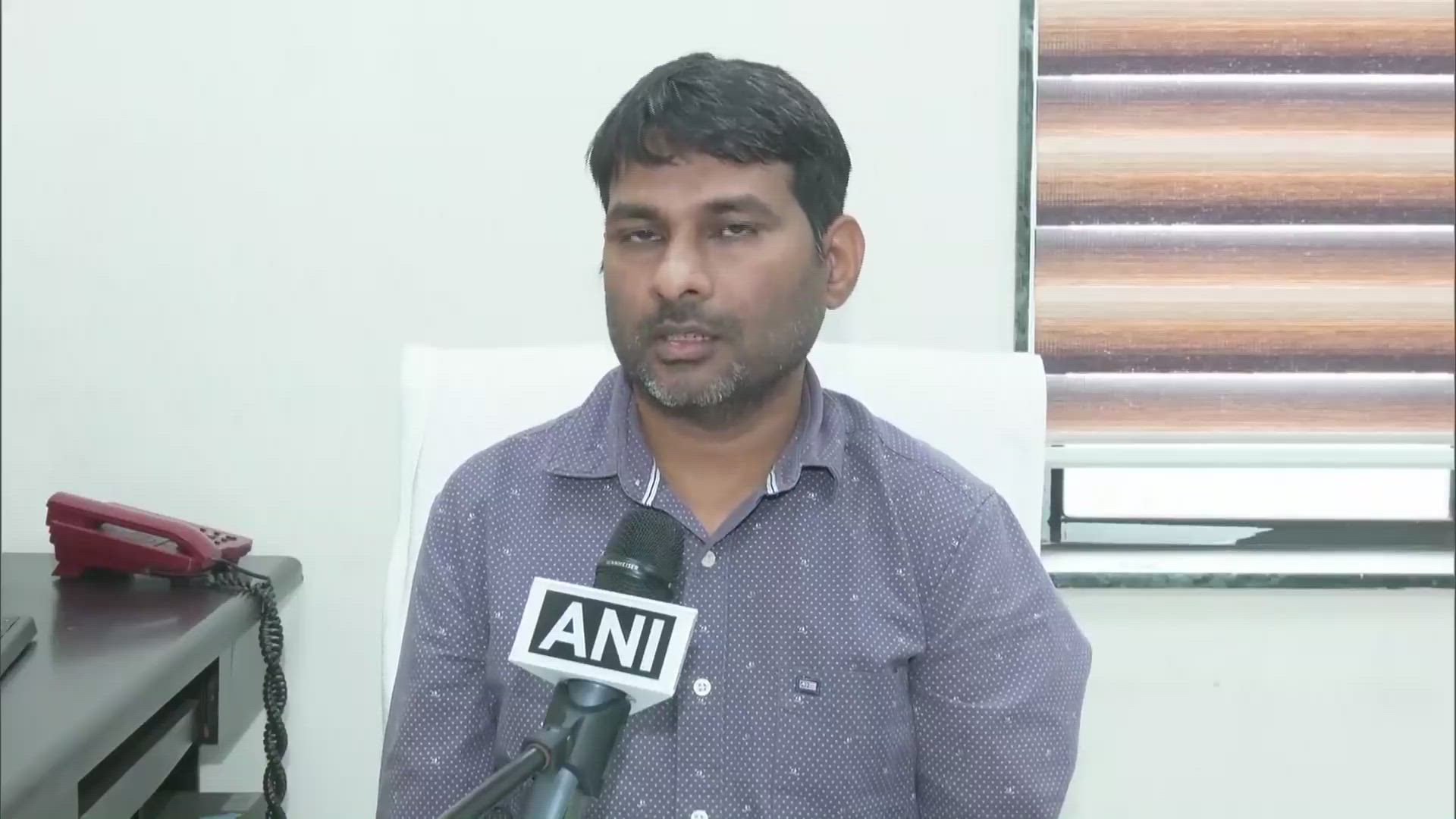




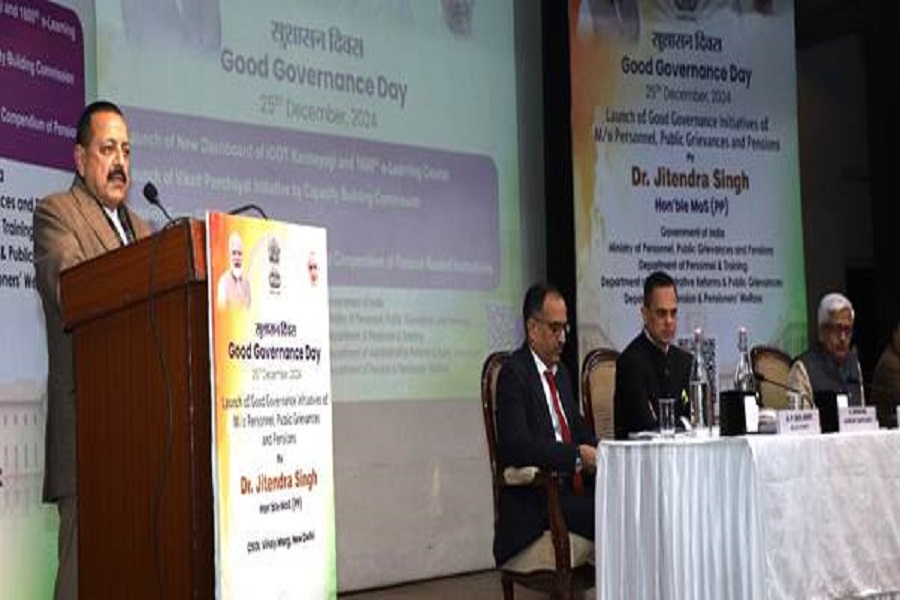





 320-x-100_uti_gold.jpg" alt="Advertisement">
320-x-100_uti_gold.jpg" alt="Advertisement">





